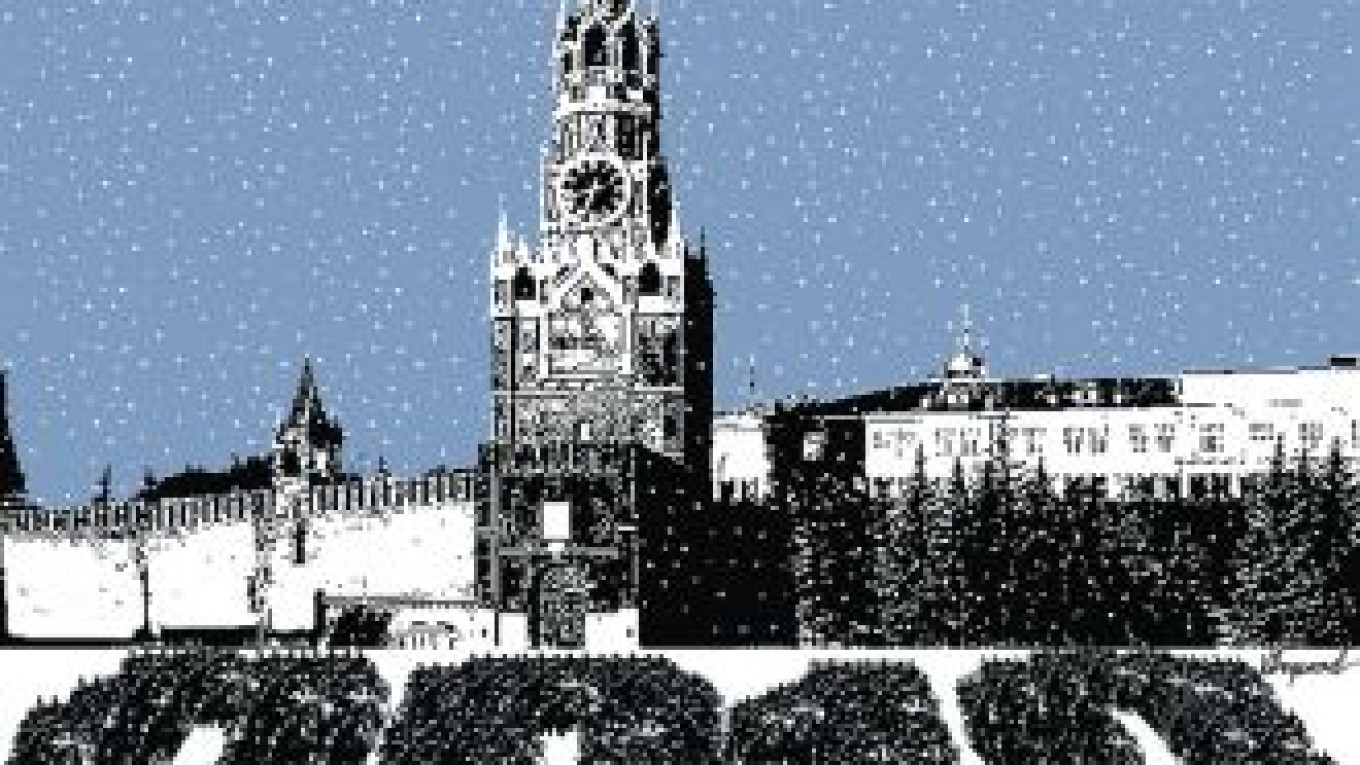Many people were surprised when tens of thousands of protesters turned out for the "March Against Scoundrels" in Moscow on Jan. 13. It surprised even protest organizers, who had not expected that so many people, estimated to be around 50,000, would be willing to march so soon after the New Year's break and do so in freezing temperatures. It also surprised the authorities, who had convinced themselves that the protest mood had waned and that the period of political stability had firmly set in.
What's more, the march that called for the repeal of the ban on U.S. adoptions of Russian children and the dissolution of the State Duma has redefined the political landscape for 2013. Throughout 2012, the protest movement focused on massive electoral fraud in the December 2011 Duma elections and the presidential vote in March. But now the focus has shifted to the Kremlin's total moral bankruptcy.
The Kremlin, driven by its anti-U.S. frenzy in reaction to Congress' passage of the Magnitsky Act, has now encroached on sacred ground: the rights of children. The adoption ban has condemned thousands of Russian orphans and disabled children to lives without loving families or access to the type of modern medical care unavailable in Russia. The Kremlin's inhumane, cruel response to the Magnitsky Act enraged the residents of Moscow and St. Petersburg. They dubbed the barbarous law passed by the Kremlin, Duma and Federation Council as the "Scoundrel's Law" and "King Herod's Law."
This law may be the straw that breaks the Kremlin's back and raises the question of whether President Vladimir Putin's regime has a moral right to rule the country.
Although many Russians in the regions gullibly believe claims by the state-run media that U.S. adoptive parents are abusive toward Russian children, residents of Moscow and St. Petersburg don't believe this anti-U.S. nonsense. This prompted many new people to join the Jan. 13 march, individuals who had not participated in earlier rallies but who turned out now to protest the immoral actions of the authorities.
In reality, the overall number of protesters has increased significantly. After all, the people who marched last year but who did not turn out on Jan. 13 remain opposed to the regime. That means that if the right rallying call and slogan can be found, the next protest might be twice as large, matching or even surpassing the record number of protesters who turned out in December 2011.
Putin's decision to tighten the screws and intimidate civil society has run up against its first real roadblock, sparking a strong and angry response. That should prompt the authorities, civil society and the opposition movement to re-evaluate the political outlook for this year.
Contrary to recent predictions, 2013 will not be a year of political stability. On the contrary, the regime's political instability will only get worse. The Kremlin's policy of repression, lawlessness and indifference to high-level government corruption and the decreasing standards of living for most Russians only deepens people's anger at the authorities. It also means that street protests will become the only real way to force the ruling elite to pay attention to the people's problems.
The tens of thousands of protesters and the millions of other Russians who share their views are reaching a boiling point. If Putin's regime insists on maintaining the status quo and does not address the protesters' legitimate concerns with real changes to the political system, we could see a social explosion sooner than anyone expects.
Vladimir Ryzhkov, a State Duma deputy from 1993 to 2007, hosts a political talk show on Ekho Moskvy radio and is a co-founder of the opposition RP-Party of People's Freedom.
Related articles:
A Message from The Moscow Times:
Dear readers,
We are facing unprecedented challenges. Russia's Prosecutor General's Office has designated The Moscow Times as an "undesirable" organization, criminalizing our work and putting our staff at risk of prosecution. This follows our earlier unjust labeling as a "foreign agent."
These actions are direct attempts to silence independent journalism in Russia. The authorities claim our work "discredits the decisions of the Russian leadership." We see things differently: we strive to provide accurate, unbiased reporting on Russia.
We, the journalists of The Moscow Times, refuse to be silenced. But to continue our work, we need your help.
Your support, no matter how small, makes a world of difference. If you can, please support us monthly starting from just $2. It's quick to set up, and every contribution makes a significant impact.
By supporting The Moscow Times, you're defending open, independent journalism in the face of repression. Thank you for standing with us.
Remind me later.








